Ian Robertson, the highest-placed Brit at BMW, reckons the secret of having a big job in the car industry is not worrying too much about losing it.
And he should know. He has held a variety of mega-senior positions at Rover, Land Rover, Rolls-Royce, Mini and BMW during a 38-year career in the car industry. Yet in all that time, he has never left the company he joined as a graduate in 1978, instead shaping his career around new opportunities presented by changing owners. Next year, he will retire from the board of BMW.
He steps down (or perhaps across, given, as we’ll learn, how different his vision of retirement is to most) described by observers as “the most powerful Briton in the global car industry”, by colleagues as “brilliant, driven, always hard, always fair” and by himself as “engaged, passionate, optimistic – someone who relishes making informed decisions”.

By anyone’s standards, it has been quite a journey from growing up in Oswestry, Shropshire, as a car-loving teenager who rebuilt the engine in his first car, a Singer Chamois, to becoming the first member of his family to attend university, where he read maritime studies, to standing at the summit of the global car industry. His passion for the subject may have been tested by a relentless routine of 15-hour-plus working days but it is, he says, undimmed.
“I always say to my guys: ‘When a car goes onto a transporter, off to a customer, who by the way pays our wages, you need to feel an excitement and a passion for that product’,” says Robertson. “It’s a tough, complex place to work, the car industry, but I love the product and I’ve been driven by a desire to see that product get better every single day. When I left university, I had offers to work on oil rigs in Kuwait. Good money, tax free and six weeks on, two weeks off. But I loved cars. So that’s where I headed.”
Joining the British car industry in the late 1970s wouldn’t have been many people’s idea of fun. Production had peaked in 1972 and unrest was on the brink of turning into turmoil. Robertson, however, relished the opportunities presented by both the internal power struggles and the disruption of Japanese competitors setting up in Europe. A love of disruption was to become another career hallmark.
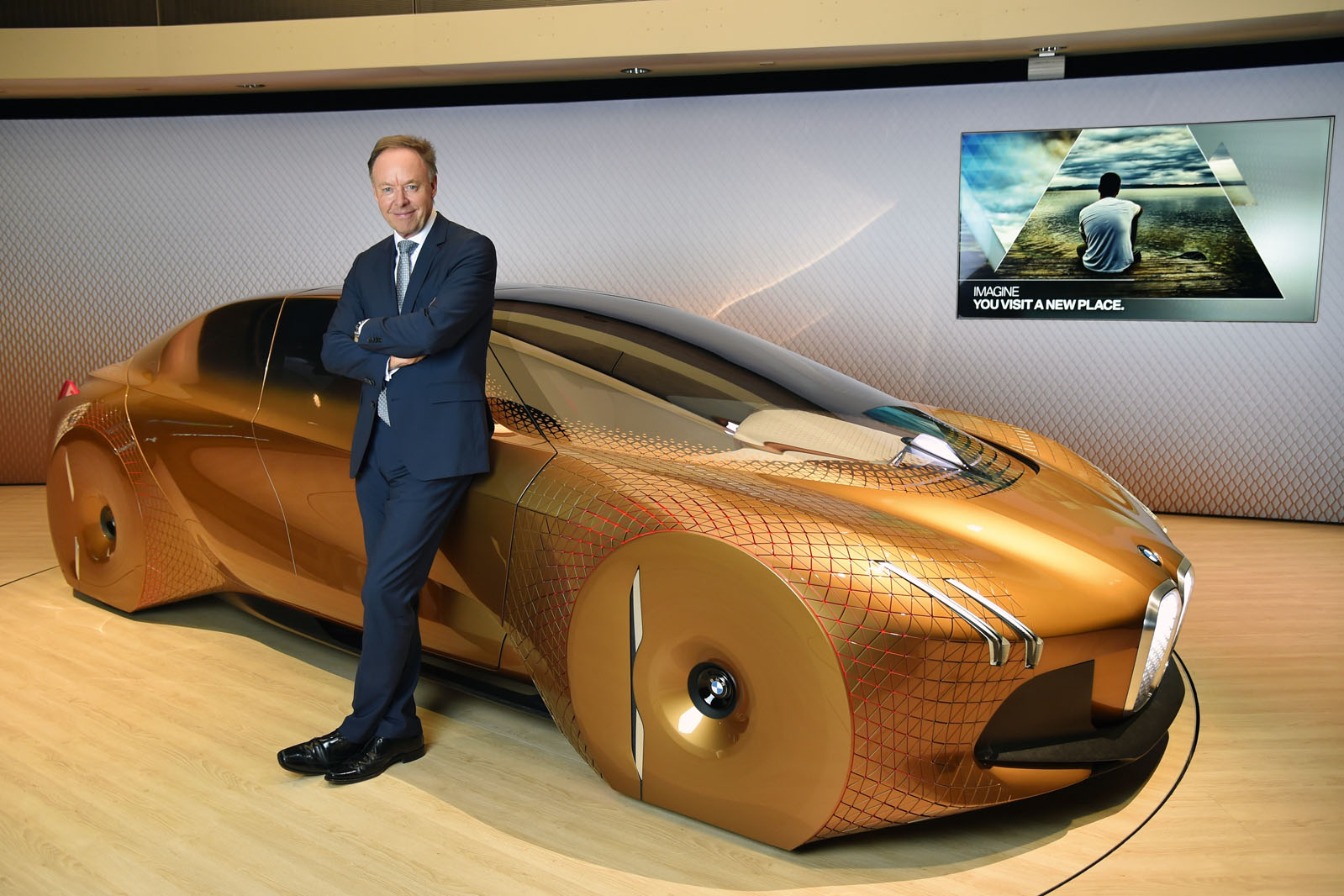

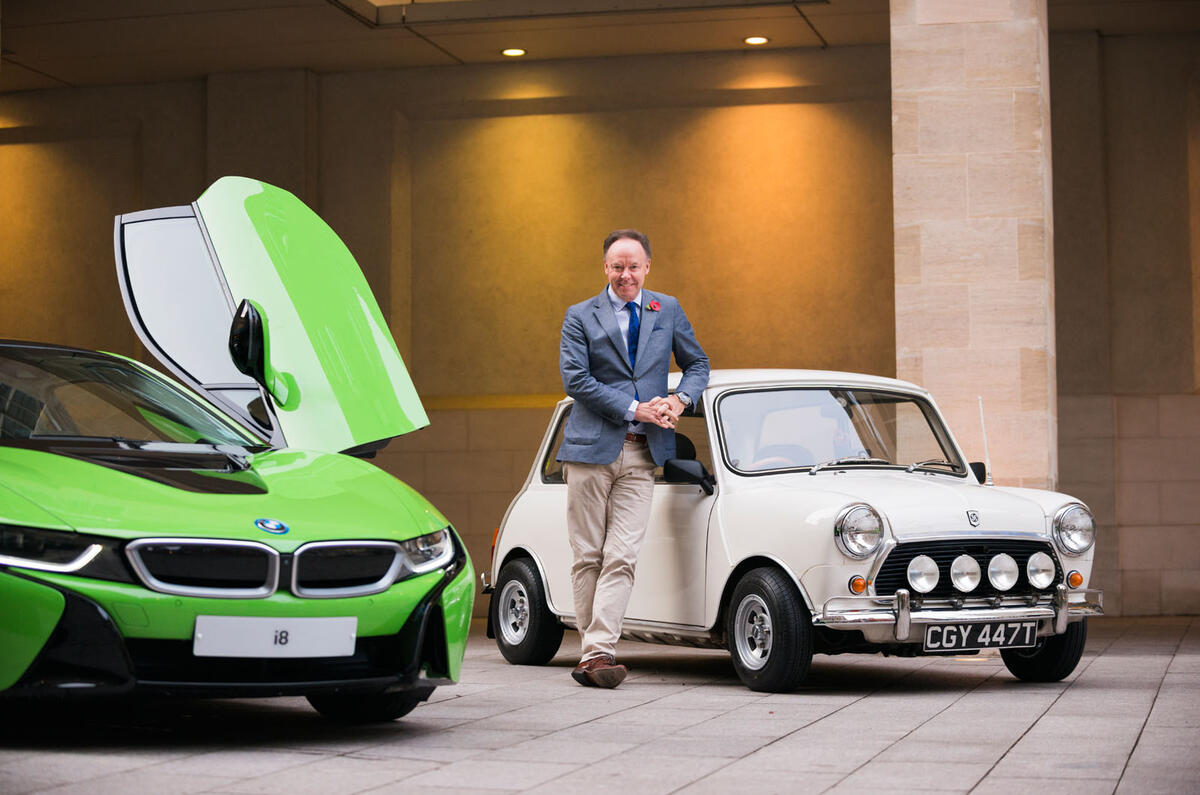




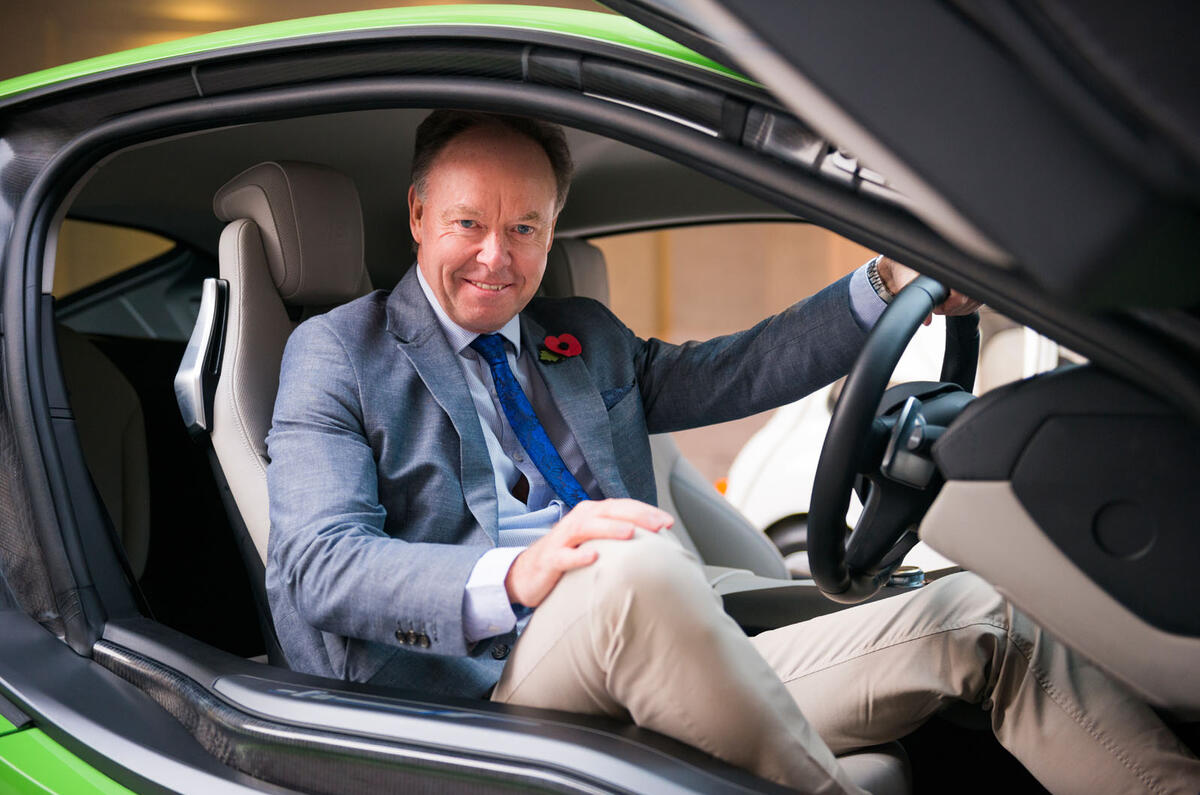
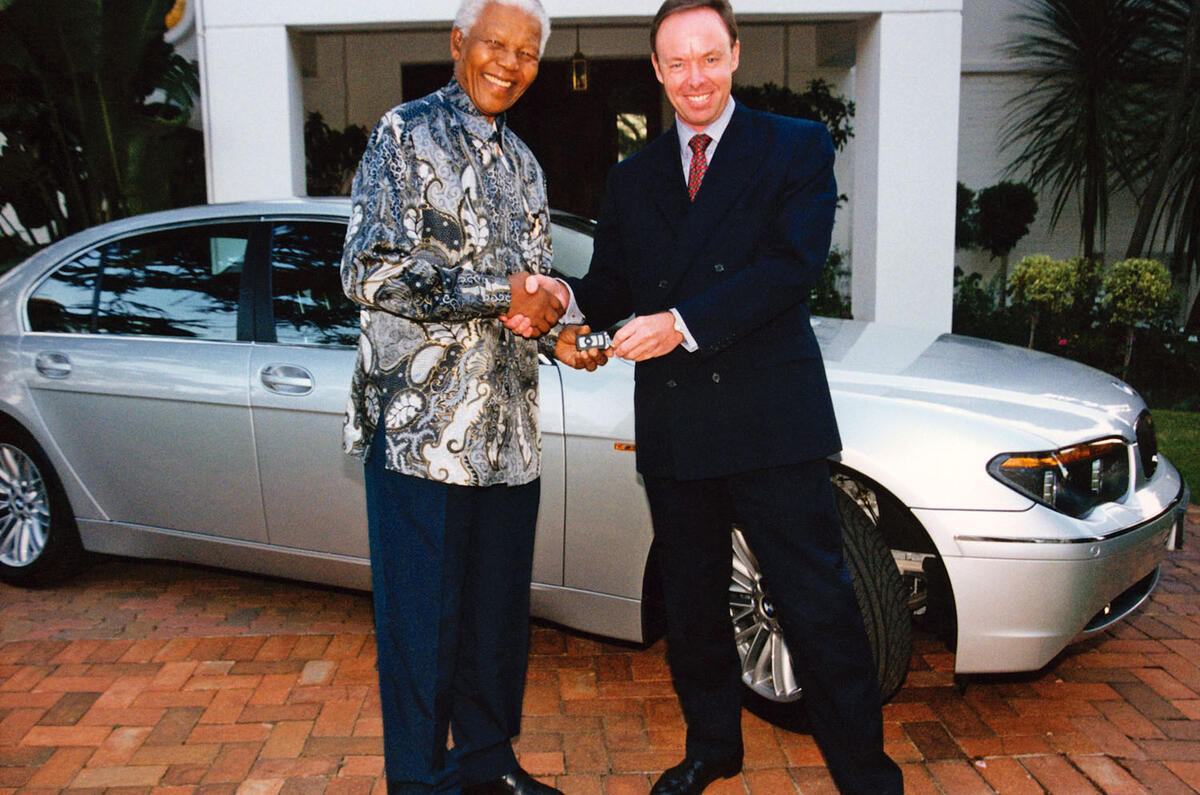
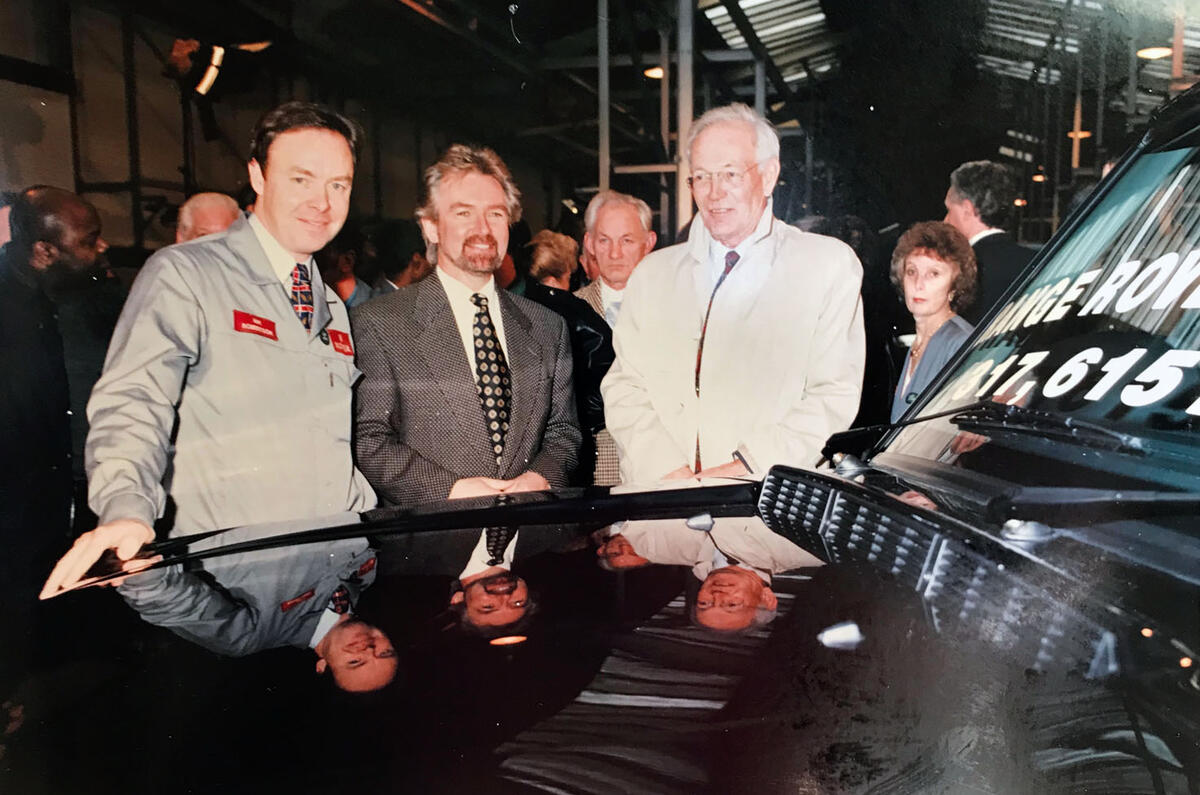
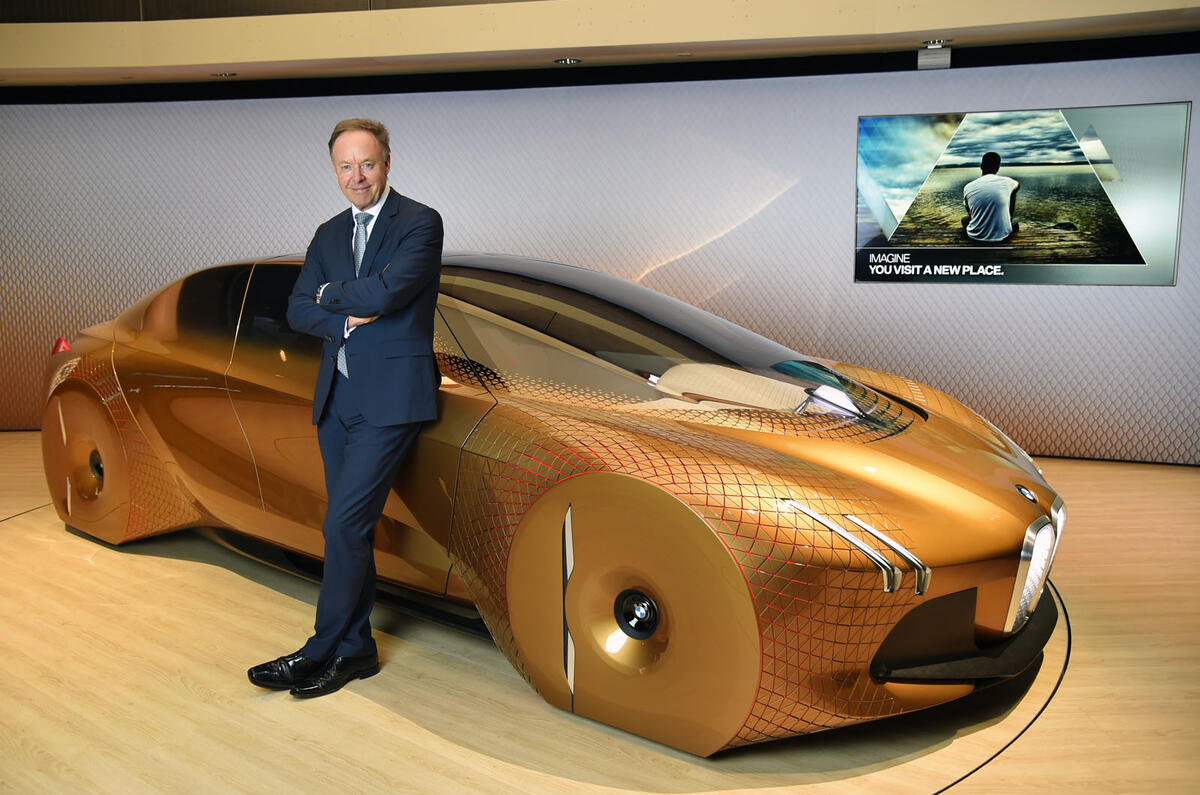
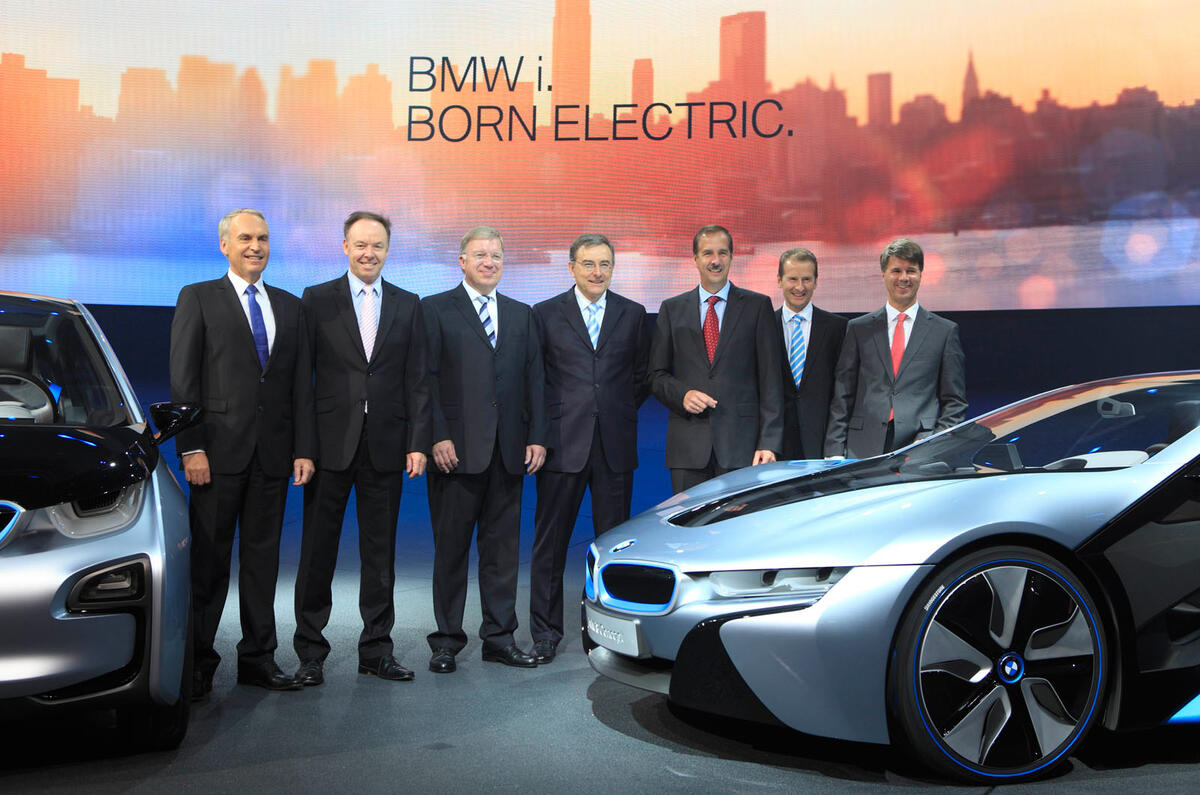

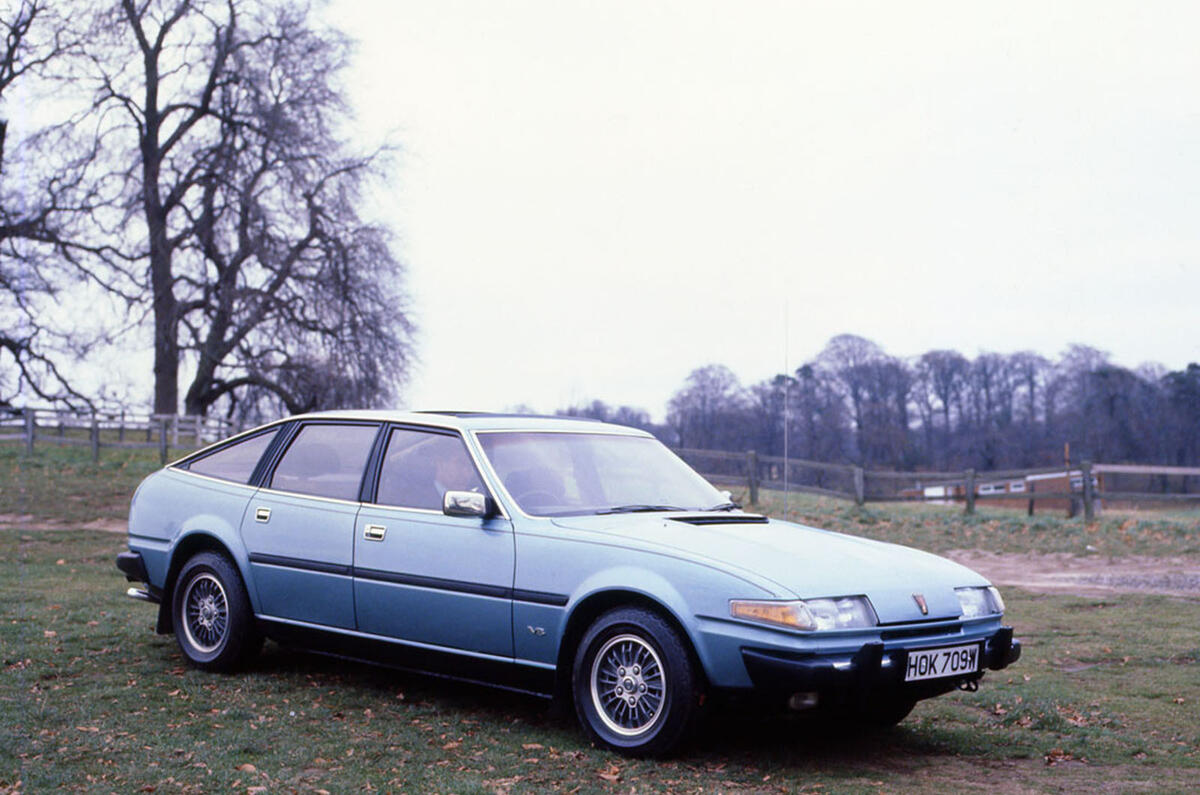
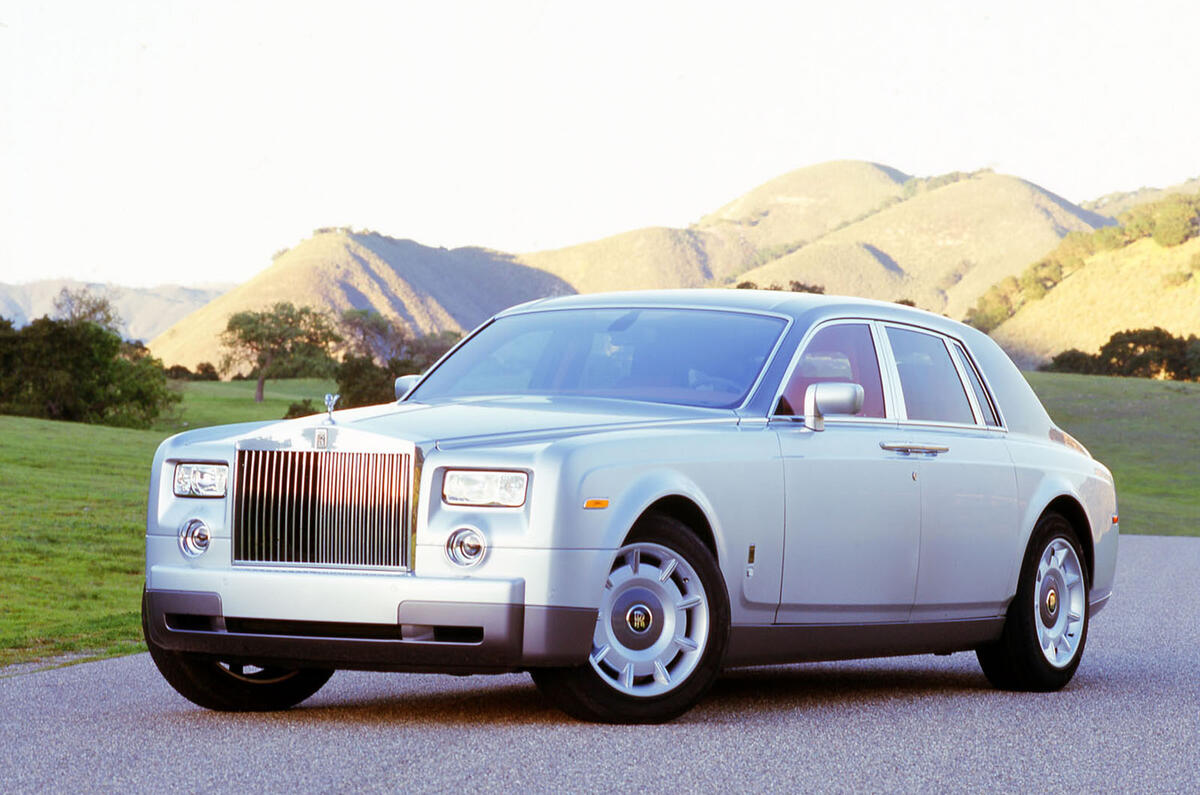






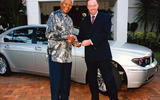
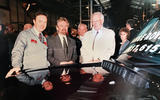
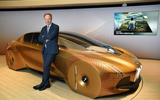
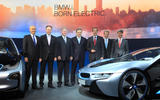


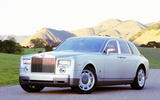

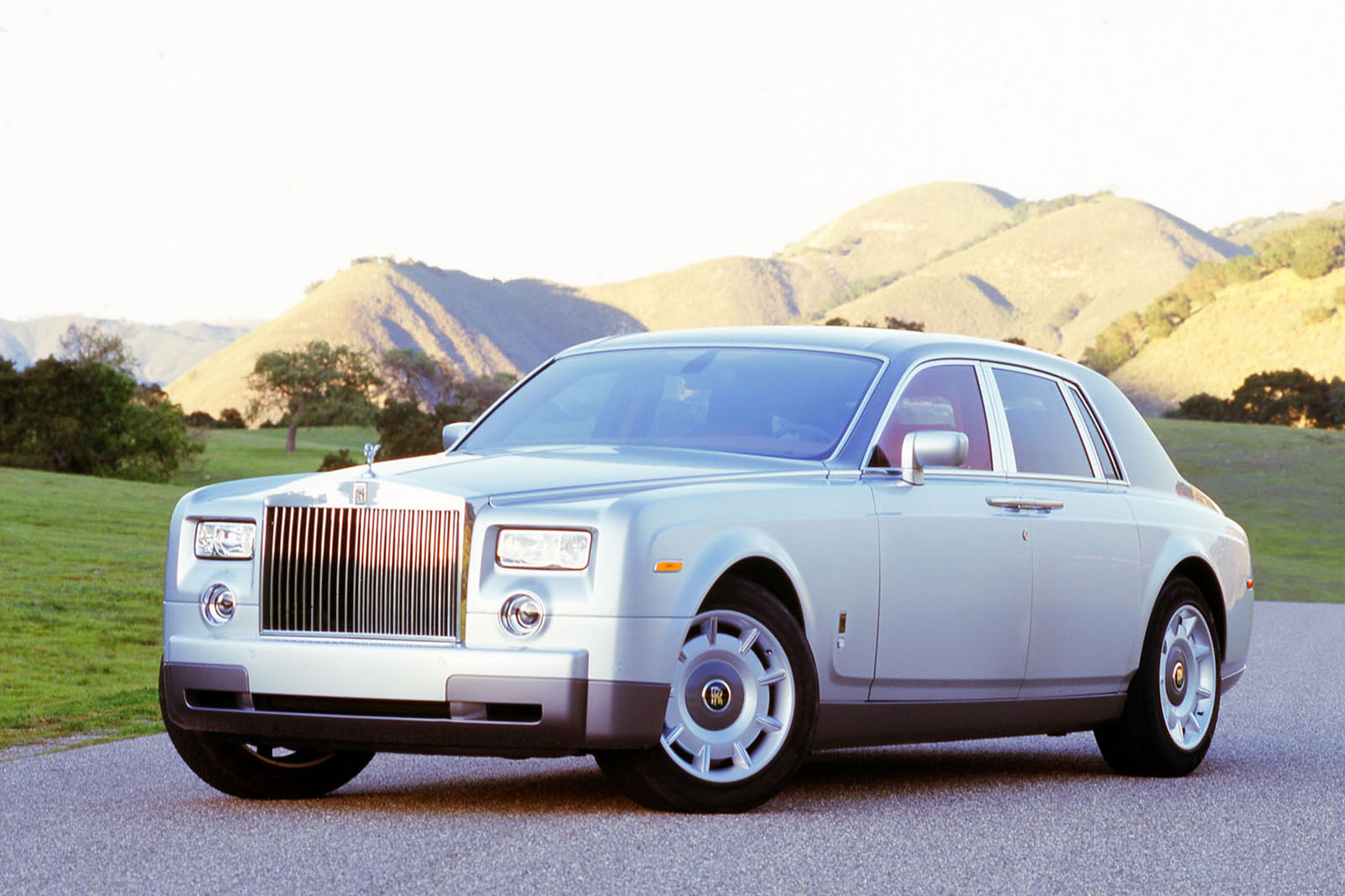

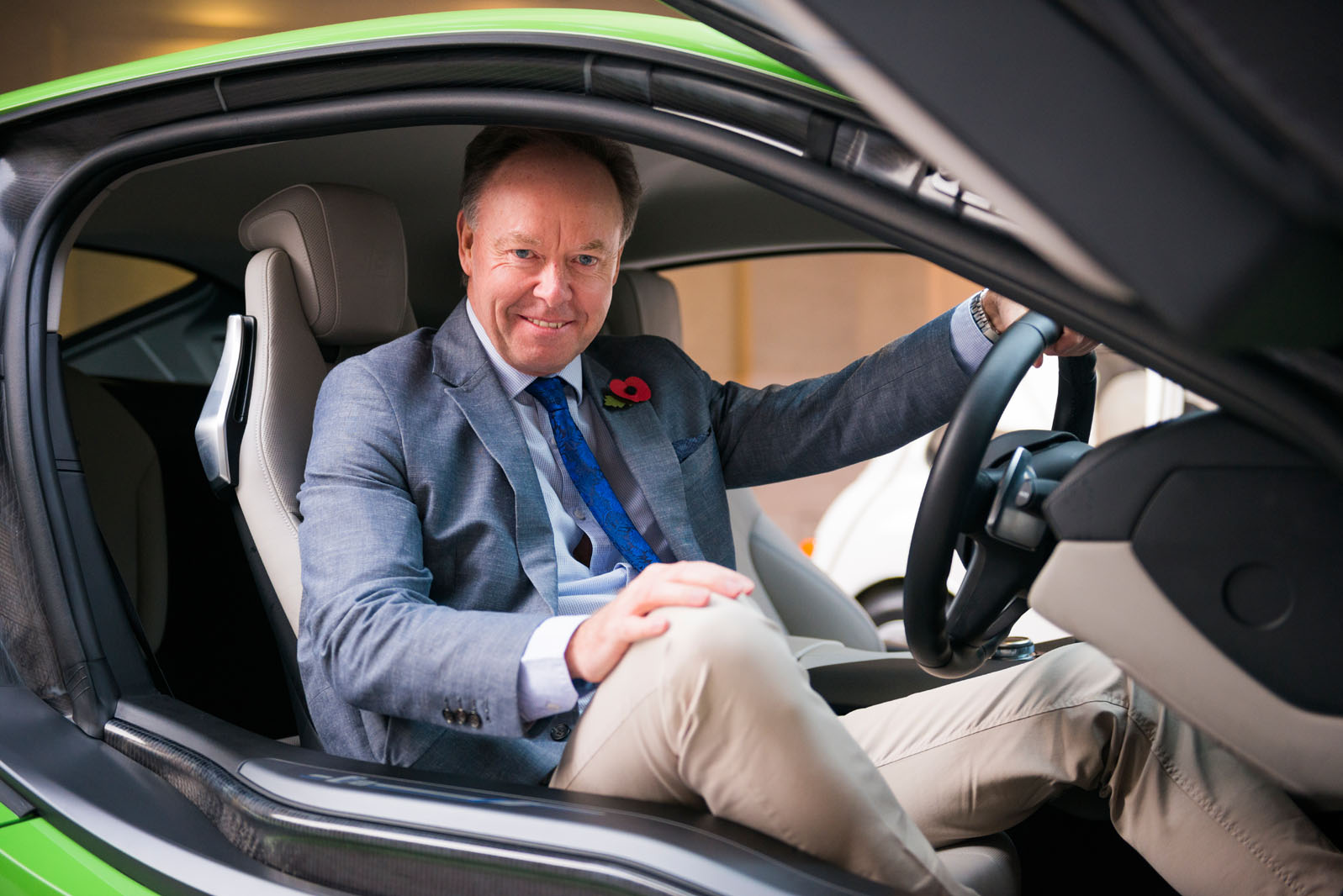
 My favourite cars from five decades:
My favourite cars from five decades: 
Join the debate
Add your comment
As you know that with the
As you know that with the passage of time, our thinking is also developing as technology. In the same way, methods of performing tasks / businesses are also developing just like marketing. I have remembered that time when physical marketing is enough to enhance or expand a business but now if you will only rely on physical marketing than you will lose a large amount of digital world users. So, digital marketing redleos(.)com also has become compulsory to grab the maximum market or customers from market. Number of fields are exists in marketing like affiliate marketing. Most of us use affiliate marketing revglue(.)com/bespoke to earn money as it will pay you back handsome amount. Write in a clear language: refuse a set of keywords with a comma or a dozen benefits. Better indicate one juicy sentence and describe its benefits. Test - check how potential buyers react to the text. By preventing these errors in your companies, you can make it more efficient and significantly reduce your advertising budget. Remember that your ad will be shown to real people. Write a good selling text and style it beautifully. Do not forget to research the target audience, offering them only what they need. Anyways, appreciative efforts that you have put to share the nice content with us.
His fav cars from the 80s:
Spelling errata
iPhone to blame. ‘Marketing is tough’, of course...